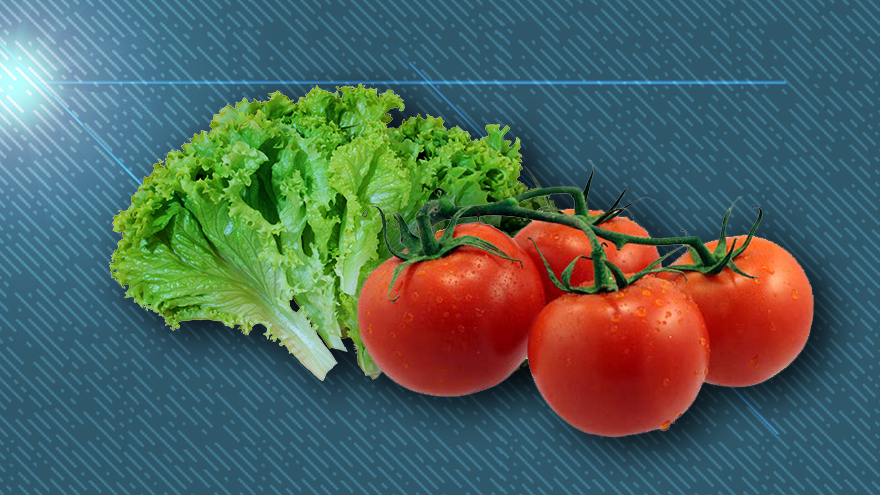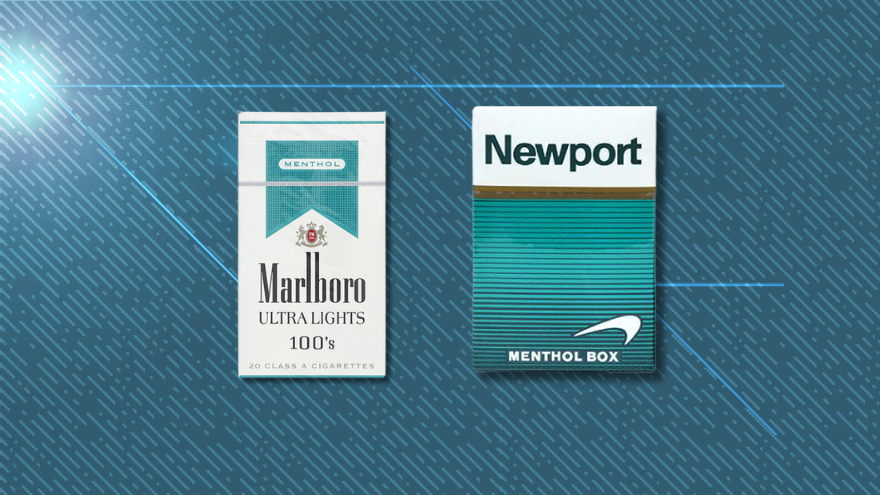The new law passed the state house by a vote of 73-22 with one representative abstaining. It was approved in the senate by a 24-6 vote and now heads to the desk of Gov. Bill Lee. As detailed in the bill’s summary, a vaccine or vaccine material is “a substance intended for use in humans to stimulate the production of antibodies and provide immunity against disease, prepared from the causative agent of a disease, its products, or a synthetic substitute, treated to act as an antigen without inducing the disease, that is authorized or approved by the United States Food and Drug Administration.” The legislation arrives as scientists are exploring the creation of edible vaccines. Following the COVID-19 pandemic and the controversy surrounding the vaccine rollout that followed, a conversation has reignited over whether and how to introduce mRNA vaccines into the U.S. food supply. Despite multiple “fact-checks” stating that COVID-19 vaccines are not currently being added to the food supply through livestock and produce, biotechnologists have expressed interest in using common foods like potatoes, bananas, lettuce, corn, soybeans, and rice to deliver treatments for diseases such as measles, hepatitis B, and cholera. More recently, scientists have expressed optimism about edible vaccines. While the federal government says the technology has already been developed, the current challenge is lack of public acceptance. In fact, some research does indeed show that mRNA has been used in animals that are consumed by humans. In January, a study on tomato-made edible COVID-19 vaccines was published in the journal Frontiers in Nutrition. “Early evidence from small-scale proof-of-concept study results promises an opportunity for performing inexpensive, eco-friendly, and safe plant-based edible vaccine immunization programs against COVID-19,” researchers said of the project. In 2021, a $500,000 grant from the National Science Foundation was awarded to the University of California (UC) to conduct research showing that DNA containing mRNA vaccines can be successfully delivered into plants, which can produce enough mRNA to rival a traditional needle injection. “Ideally, a single plant would produce enough mRNA to vaccinate a single person,” said Juan Pablo Giraldo, an associate professor in UC Riverside’s Department of Botany and Plant Sciences who was leading the research. “We are testing this approach with spinach and lettuce and have long-term goals of people growing it in their own gardens,” Giraldo added. “Farmers could also eventually grow entire fields of it.” The National Institutes of Health (NIH) said in a 2019 article that edible vaccines had already been developed for veterinary and human use, “but the main challenge faced by edible vaccine is its acceptance by the population so that it is necessary to make aware the society about its use and benefits.” Even if the food supply is not currently under widespread use as a vaccine delivery system specifically for humans, there is evidence that mRNA technology is already being used in animals that are ultimately consumed by humans. Under the new Tennessee law, “the manufacture, sale, or delivery” of any food that has a vaccine or vaccine material in it would be a Class C misdemeanor.Tennessee lawmakers have passed a bill that will require any food containing a vaccine or vaccine material to be classified and labeled as a drug.
Loading...
During debate before the bill's passage, senate backers could not provide specific examples of food with vaccine material being sold but said that the legislation is to ensure that regulations are in place in the event it occurs.Loading...
Health /
Tennessee Passes Bill To Classify Foods With Vaccine Material Added As Drugs
NIH says 'the main challenge faced by edible vaccine is its acceptance by the population'

*For corrections please email [email protected]*
